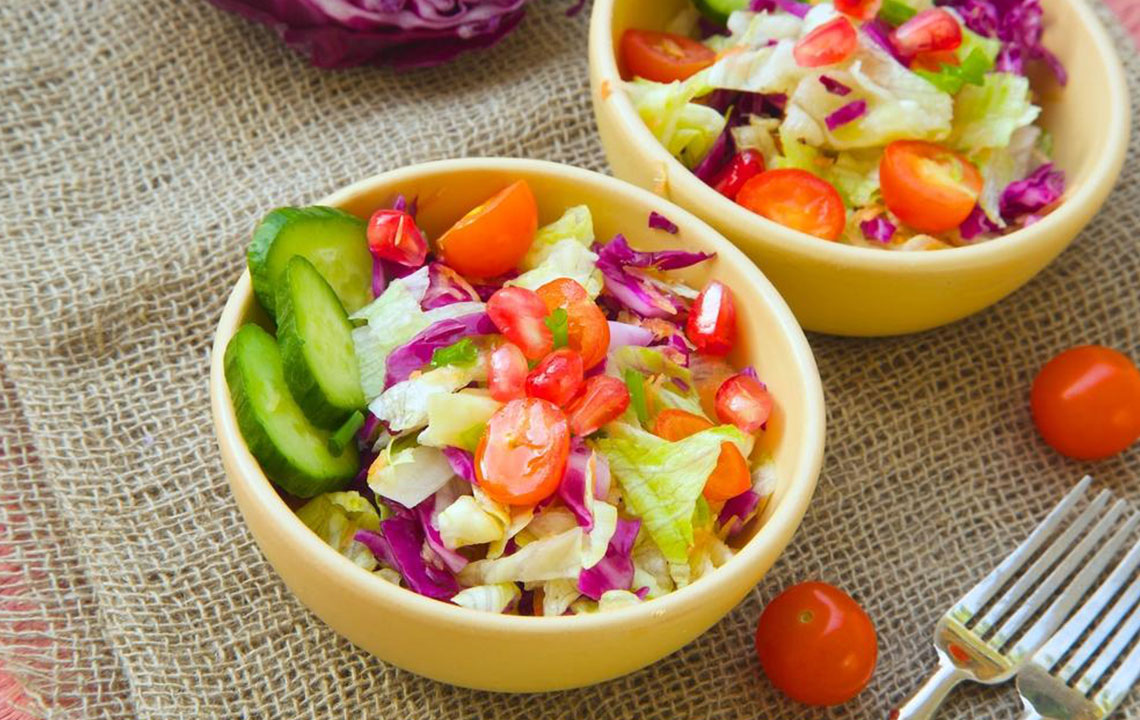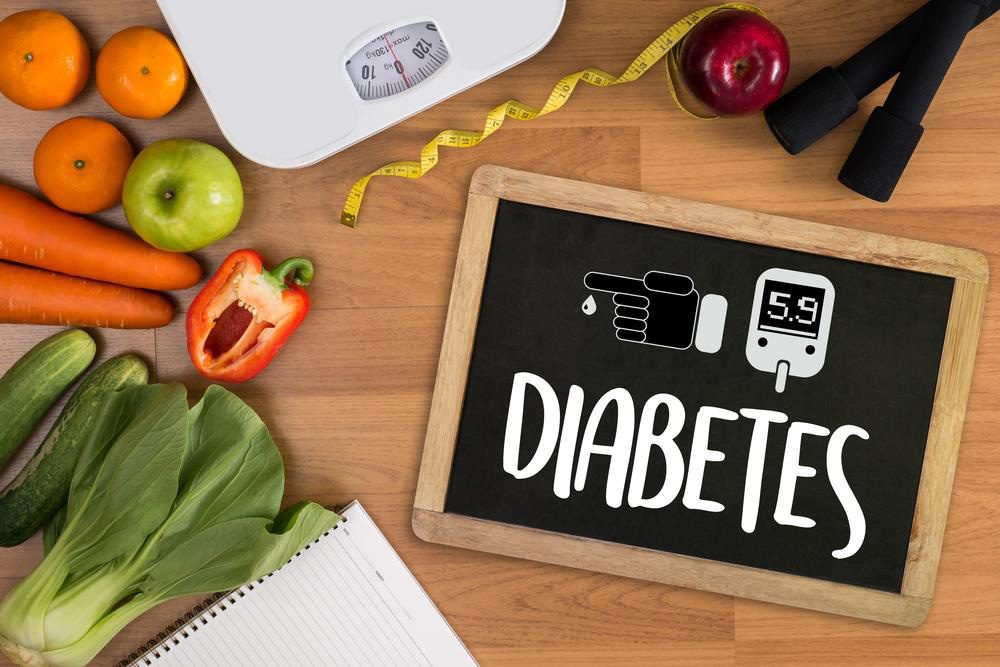Effective Dietary Guidelines for Managing Hiatal Hernia
This article offers practical dietary advice for managing hiatal hernia symptoms effectively. It highlights which foods to include and avoid, emphasizes lifestyle changes, and stresses consulting healthcare professionals for personalized care. Following these guidelines can help reduce symptoms and improve quality of life for those affected by hiatal hernia.

Effective Dietary Guidelines for Managing Hiatal Hernia
A hiatal hernia occurs when part of the stomach protrudes through a weakness in the diaphragm. This can cause stomach acid to enter the esophagus, leading to heartburn and related discomfort. Gastroesophageal reflux disease (GERD) is a common consequence of this condition.
Symptoms may include difficulty swallowing, chest pain, and congestion, though many are asymptomatic. Surgery isn't always necessary; lifestyle modifications like maintaining a healthy weight and eating smaller meals are recommended.
Adjusting your diet can significantly alleviate symptoms. Certain foods are beneficial, while others may worsen heartburn. Consuming a well-balanced and mindful diet promotes overall health and symptom relief.
Foods to Embrace in Your Hiatal Hernia Diet
Focus on incorporating lean proteins like poultry and fish, prepared through baking or grilling. Include a variety of fruits, especially berries and apricots, which are rich in antioxidants. Vegetables such as spinach, broccoli, carrots, and red peppers boost immunity and support digestion. Use healthy oils like olive oil, and select whole grains like brown rice and whole-wheat pasta to enhance nutrition.
Stay hydrated with plenty of water and opt for herbal teas instead of caffeinated drinks. Low-fat dairy products such as yogurt and cottage cheese are suitable, while high-fat options should be avoided. Limit spicy, fried, or acidic foods to prevent aggravating symptoms.
Consult your healthcare provider before making dietary changes or using medications. Regular monitoring and maintaining a food diary can help identify personal triggers and improve management of hiatal hernia symptoms.
Foods to Steer Clear Of in Your Diet
Onions and garlic
Citrus fruits like lemons and oranges
Spicy and fried foods
Chocolate and baked goods
Tomato-based dishes such as spaghetti and salsa
Caffeinated drinks and alcohol
Full-fat milk
Avoiding these foods can reduce heartburn and discomfort. Additionally, adopting healthy eating habits like smaller, more frequent meals, avoiding eating before bedtime, and maintaining an upright posture after meals can prevent flare-ups.
Maintaining a dietary log over two weeks helps pinpoint specific triggers. Collaborate with your healthcare provider to create an optimal diet plan for symptom management and prolong your well-being.
Important Notice:
Our website provides informational content across various health topics. While our research aims to be accurate and helpful, it should not replace professional medical advice. Always consult a healthcare professional for personalized diagnosis and treatment. We cannot be responsible for inaccuracies or variations in data across different platforms. Be sure to seek expert guidance before making significant lifestyle or dietary changes.










